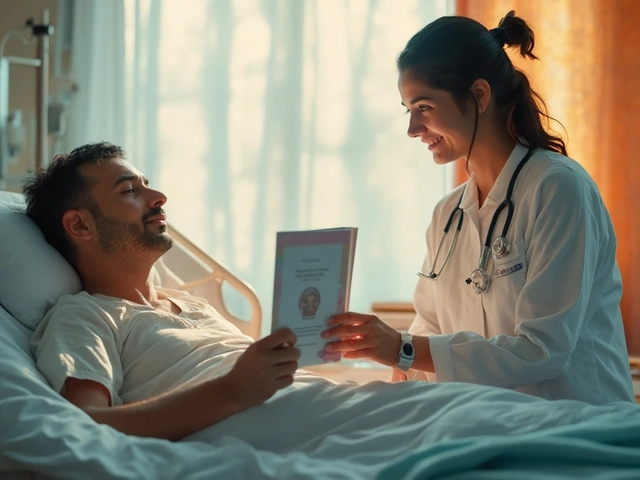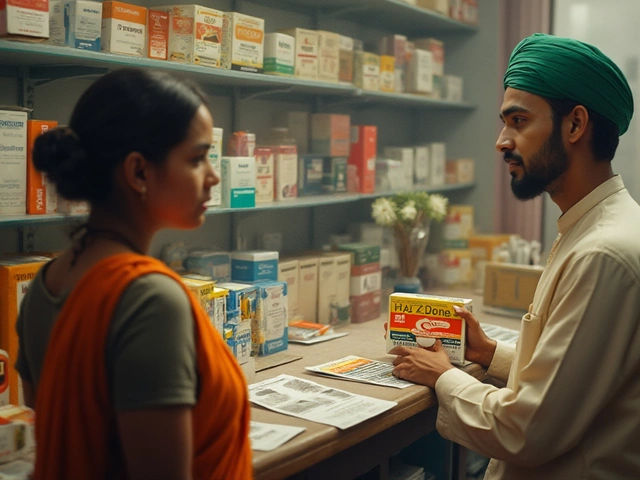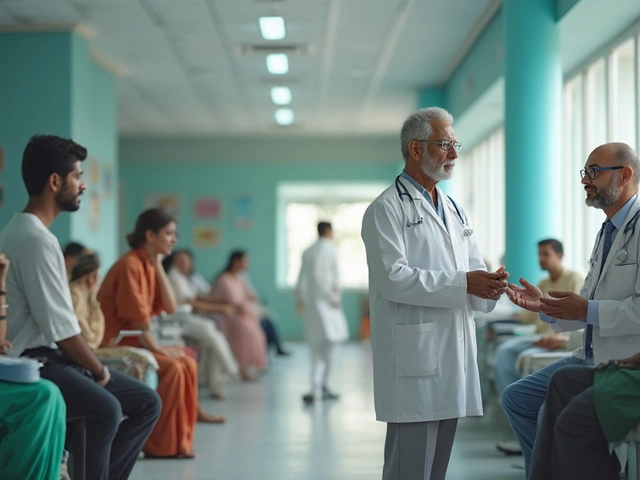Health Risks You Should Spot Before Taking Any Medicine
Every time you pick a pill, you trust that it will help, not harm. In India, the mix of traditional remedies and modern drugs means hidden toxins can sneak in. Knowing the red flags saves you from nasty side effects and long‑term damage.
Common Sources of Toxic Medicines
Many health risks come from three places: counterfeit drugs, mislabeled ingredients, and herbal products that aren’t properly tested. Counterfeit pills often contain heavy metals, cheap fillers, or the wrong active ingredient. A mislabeled label might say a drug is “low‑dose” when it’s actually full strength, putting your liver and kidneys at risk. Even trusted Ayurvedic herbs can hide toxic substances if the manufacturer skips quality checks.
Spotting the Warning Signs
Look for unusual symptoms within a few days of starting a new medicine: sudden nausea, skin rashes, dizziness, or a metallic taste. These could mean the drug has contaminants or interacts badly with something you already take. If the product’s packaging looks cheap, the batch number is missing, or the price is far lower than market value, treat it as a red flag.
Another practical tip: always compare the ingredient list with reputable sources like the Indian Pharmacopoeia. If you see unfamiliar chemicals or vague terms like “herbal extract,” research them or ask a pharmacist. Simple checks stop you from swallowing hidden poisons.
When side effects hit, don’t wait for a doctor’s appointment if you feel it’s an emergency. Call a local poison control center or visit the nearest hospital. Early intervention can prevent organ damage and even save your life.
Storing medicines properly also lowers risk. Keep tablets away from heat, moisture, and light. Some antibiotics degrade quickly and can turn toxic if left in a humid bathroom.
For chronic conditions, rotating brands without confirming bio‑equivalence can cause dose fluctuations. Always get a new prescription when switching and let your doctor know about any over‑the‑counter supplements you’re using.
Finally, stay updated with alerts from the Central Drugs Standard Control Organization (CDSCO). They publish recall notices and safety warnings that affect thousands of patients. Signing up for their SMS updates is a free way to keep your health on track.
Bottom line: a little extra vigilance when buying or using medicines can spare you from serious health risks. Check the source, read the label, watch for side effects, and act fast if something feels off. Your well‑being depends on it.
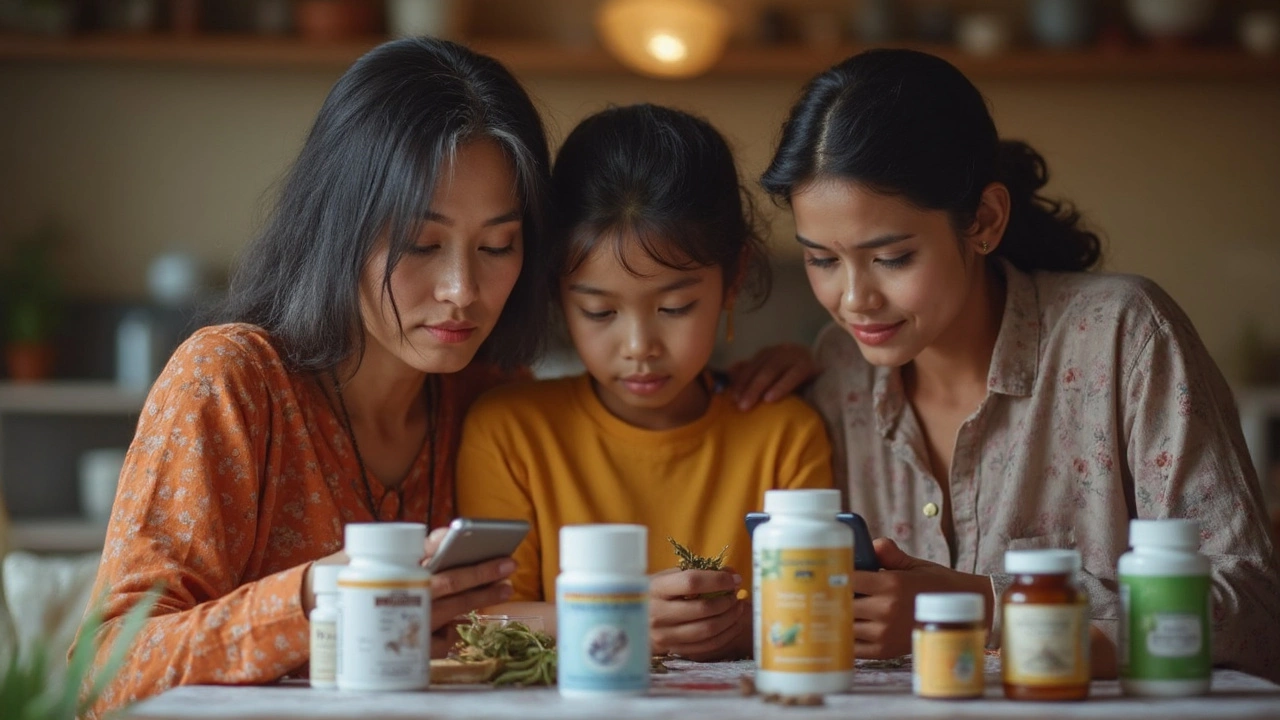
Who Should Avoid Herbal Supplements? Real Risks You Need to Know
Herbal supplements sound natural, but they aren't safe for everyone. Some people can face real health risks or bad interactions with their regular medicines. This article explains who should stay away from herbal supplements and why, using clear facts and real-life tips. Find out if any common conditions or situations put you at higher risk. Learn how to spot warning signs before adding supplements to your daily routine.

Unveiling the Risks of Herbal Supplements
Herbal supplements are often seen as a natural and safe alternative to conventional medicine, but they come with their own set of risks. While they promise numerous health benefits, these products can cause negative side effects or interact with medications. Additionally, the lack of regulation and standardization in the industry poses a significant challenge. It is crucial for consumers to understand the potential risks associated with herbal supplements to make informed decisions about their health.
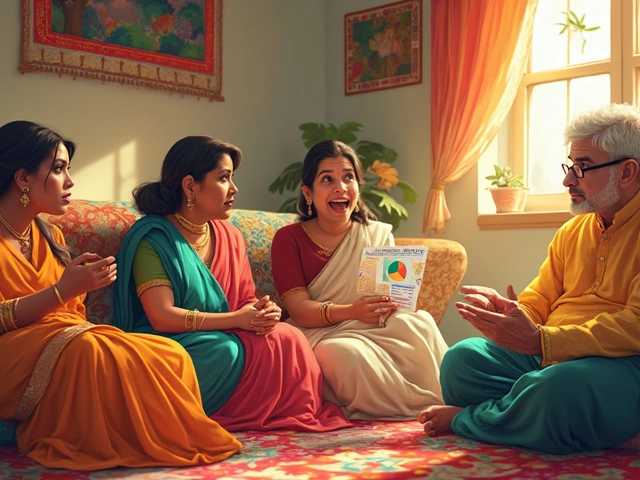
7 Types of Mental Disorders You Should Know About
Mar, 17 2025

Can You Reverse Knee Stiffness? Find Out Now!
Apr, 4 2025
